The History of Literary Genres: What and How in Under 10 Minutes
Written by Chris Jorgensen
Literary Genres: What and How
Today marks the day where I begin to talk about all the different genres out there and what to look for when wanting to investigate those genres. So, here is the trouble I had: choosing where to start. I wanted to start with my favorites, and I will unashamedly say that I am a huge fantasy and sci-fi fan. I wanted to start there, but I couldn’t. Why couldn’t I? Well, I had to look at the beginning. What is the absolute baseline for nearly all of the greatest works ever written? That was where I had to start this whole series. So today we are going to discuss:
Literary Genres: What and How
This one will be an interesting discussion, because not only was this the first real definition to the break up of what made a story, but it is the most bottom-line descriptions of anything else. As stories or the written word progressed, things got much more complicated, but the initial categories were very simple and had only a few offshoots from there.
The Epic
Comedy
Tragedy
Creative Nonfiction
And that was it. I know, that little list used to comprise the entirety of categorizing stories. It didn’t take long for people to expand on this, and before that, stories were mostly word of mouth and memorized stories. So let’s take a quick look at these and a few examples.
The Epic was a poetic form, and many of you know already what an Epic is. These are stories that most everyone has been introduced to, if not read entirely, but you know them. Here we have some of the timeless stories; The Odyssey and The Iliad, The Epic of Gilgamesh, Dante’s The Divine Comedy, Beowulf, Rāmāyaṇa, Milton’s Paradise Lost. That is quite the list, and many of those are highly recognized by lovers of stories.
Comedy--now I don’t think I have to define this one for you. This is still a prominent category of most any form of performance, from story to theatre. Comedy in the written form is probably most famous in their early days by Shakespeare, and later to one of my favorites, Terry Pratchett and Douglas Adams. I can spend probably the least amount of time on this topic, only because so many people will know what this is without my explanation.
Tragedy is a form of drama that is built to invoke a sense of catharsis or pleasure in the audience. A bit vicarious if you ask me, but these stories are the ability to cover any sort of community and social drama going on at the time. I’m not gonna lie, I have a way to explain it, but I’m gonna go to the source and say what Aristotle said on the subject:
“Tragedy is, then, an enactment of a deed that is important and complete, and of [a certain] magnitude, by means of language enriched [with ornaments], each used separately in the different parts [of the play]: it is enacted, not [merely] recited, and through pity and fear it effects relief (catharsis) to such [and similar] emotions.”
(I prefer his over mine)
Creative Nonfiction is often the one we can see in movies most often. The whole “inspired by actual events” and all that malarkey. Basically, it’s anything that defines a story that happened, but with the creative liberties added in for flavor. Shakespeare again is the dominant force in the early stages (pun absolutely intended), where he uses his historical plays as a form of a story. King Lear is my favorite of the histories.
For now, we will leave it at that. A brief intro to the basics of the genres and next week I want to expand on a couple of them. I’ll talk about a few of the stories, some of the examples I had up above, etc.
And thus begins the expansive exploration into genre...
